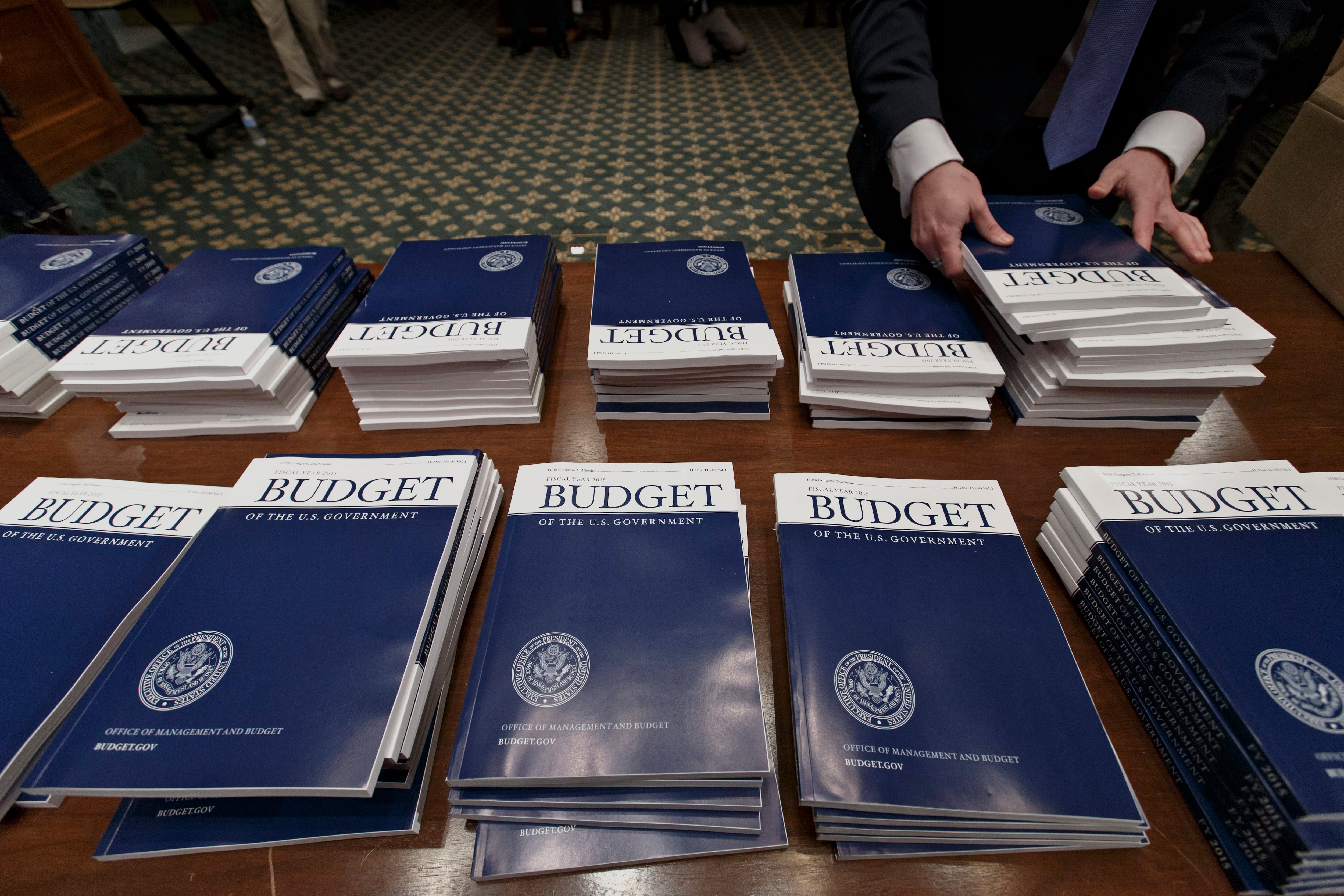WASHINGTON — Along with pricey new aircraft and ammunition buys for the military, the massive $1.16 trillion spending deal brokered by lawmakers over the weekend includes a host of less flashy provisions that could have major impacts on defense issues in coming months.
They include new visas for Afghan interpreters, more money to help veterans battling opioid addiction, and more money for Marine Corps leaders to battle misogyny in the ranks.
The moves are all part of an extra $15 billion boost in supplemental defense spending above the basic spending outline for the department for fiscal 2017, which began last October. In total, the Pentagon will have $593 billion in appropriations for this fiscal year, but military leaders had argued the extra money was needed to meet a variety of mission and maintenance demands.
The measure still must be approved by Congress by the end of the week to end the months-long impasse over federal spending, but lawmakers on both sides spent much of Sunday night praising the deal and the possibility of avoiding a shutdown.
And while most of their comments so far have focused on the big-ticket items included in the deal, smaller provisions will get increased scrutiny as legislative deadline looms. Here are a few of the more significant measures:
Marines United response
The omnibus spending bill includes $18 million for "consulting services to include assistance to the Commandant of the Marine Corps" to address the recent nude photo sharing scandal within the service, a signal of lawmakers’ continued concern over the crimes.
In March, the news site The War Horse published information on the "Marines United" Facebook page, a community with nearly 30,000 members that was sharing nude pictures of female Marines and other women.
In the months since, Corps officials have promised prosecutions and victim services for individuals involved, and a wider attempt to curb a misogynistic culture within the Marine Corps. The omnibus does not specify exactly what those consulting services will include, but represents a significant cash advance from Congress for a single issue.
Visas for Afghan interpreters
In March, the U.S. embassy in Kabul stopped scheduling interviews for Afghan Special Immigrant Visas because federal officials had reached the maximum authorized by Congress in fiscal 2017. The omnibus includes language to boost that number by another 2,500 visas, allowing the process to start up again.
The Afghan Special Immigrant Visa Program allows citizens who supported U.S. troops or dignitaries to refuge in the United States, if they can demonstrate a threat to their life and no connection to foreign terrorists.
The process has been hailed by military members for rewarding interpreters and other foreign nationals for assisting during the war, but has come under scrutiny from conservatives worried that the background checks may not be thorough enough.
But Sen. Jeanne Shaheen, D-N.H., called the additional of the language to the budget deal a "life-saving" decision.
"Allowing this program to lapse would send the message to our allies in Afghanistan that the United States has abandoned them," she said in a statement. "It's both a moral and practical imperative that Congress approve additional visas."
Opioid abuse
The Department of Veterans Affairs is largely unaffected by the omnibus budget deal, since lawmakers last fall approved its budget for the entire fiscal year.
But the deal does include an additional $50 million for opioid and substance abuse prevention, a growing concern among lawmakers. That’s almost a 16 percent budget boost above what lawmakers had earmarked for the issue back in October, and should allow a host of new VA program starts in the area.
Congress has also voiced concerns about VA security of the addictive drugs, citing reports of pharmaceutical theft and loss at a host of VA facilities nationwide. But it’s unclear if any of the money earmarked for the issue in the bill will be focused on that area.
A new counter-ISIS plan
The omnibus deal includes more than $9 billion for immediate war-fighter needs overseas, but withholds $2.5 billion of appropriations "until the President submits a comprehensive, whole-of-government strategy for the defeat of (Islamic State group fighters) to Congress."
That includes a way to better monitor progress in the fight in the Middle East, benchmarks for progress, and promised quarterly updates to Congress from the secretaries of defense and state.
Lawmakers are also asking for a new report from President Donald Trump to Congress on U.S. policy towards Syria, "including a strategy to address the suffering of the civilian population of Syria."
More than 5,000 troops are deployed in Syria and Iraq in the fight against ISIS. Last month, Trump ordered a missile strike against a Syrian airfield in retaliation for the use of chemical weapons in a civilian area.
Leo Shane III covers Congress, Veterans Affairs and the White House for Military Times. He can be reached at lshane@militarytimes.com.
Leo covers Congress, Veterans Affairs and the White House for Military Times. He has covered Washington, D.C. since 2004, focusing on military personnel and veterans policies. His work has earned numerous honors, including a 2009 Polk award, a 2010 National Headliner Award, the IAVA Leadership in Journalism award and the VFW News Media award.
